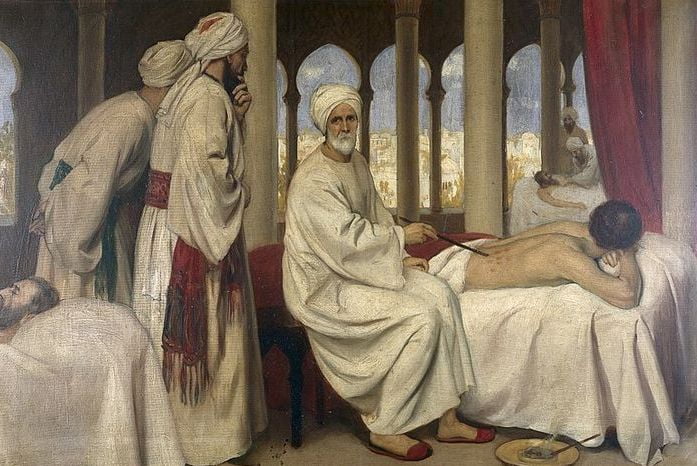She had seated herself at the end of the boat, half turning her back to him, so that he could only see her profile. She wore a sterner look than ever; the low, straight brow was shaded by her hair; the rounded lips were firmly closed; only the delicate nostril occasionally gave a wilful quiver. After they had gone on a while in silence, she began to feel the scorching of the sun; and, unloosening her bundle, she threw the handkerchief over her head, and began to make her dinner of the bread; for in Capri she had eaten nothing.
Fetched out a Couple
Antonio did not stand this long; he fetched out a couple of the oranges with which the baskets had been filled in the morning. “Here is something to eat to your bread, Laurella,” he said. “Don`t think I kept them for you; they had rolled out of the basket, and I only found them when I brought the baskets back to the boat.”
“Eat them yourself; bread is enough for me.”
“They are refreshing in this heat, and you have had to walk so far.”
“They gave me a drink of water, and that refreshed me.”
“As you please,” he said, and let them drop into the basket.
Silence again. The sea was smooth as glass. Not a ripple was heard against the prow. Even the white seabirds that roost among the caves of Capri pursued their prey with soundless flight.
“You might take the oranges to your mother,” again commenced Tonino.
“We haye oranges at home; and when they are gone, I can go and buy some more.”
“Nay, take these to her, and give them to her with my compliments.”
“She does not know you.”
“You could tell her who I am.”
“I do not know you either.”
It was not the first time that she had denied him thus. One Sunday of last year, when that painter had first come to Sorrento, Antonio had chanced to be playing boccia with some other young fellows in the little piazza by the chief street.
There, for the first time, had the painter caught sight of Laurella, who, with her pitcher on her head, had passed by without taking any notice of him. The Neapolitan, struck by her appearance, stood still and gazed after her, not heeding that he was standing in the very midst of the game, which, with two steps, he might have cleared. A very ungentle ball came knocking against his shins, as a reminder that this was not the spot to choose for meditation. He looked round, as if in expectation of some excuse.
But the young boatman who had thrown the ball stood silent among his friends, in such an attitude of defiance that the stranger had found it more advisable to go his ways and avoid discussion. Still, this little encounter had been spoken of, particularly at the time when the painter had been pressing his suit to Laurella.
“I do not even know him,” she said indignantly, when the painter asked her whether it was for the sake of that uncourteous lad she now refused him. But she had heard that piece of gossip, and known Antonio well enough when she had met him since.
Read More about The Story of Abou Hassan the Wag or the Sleeper Awakened part 4








